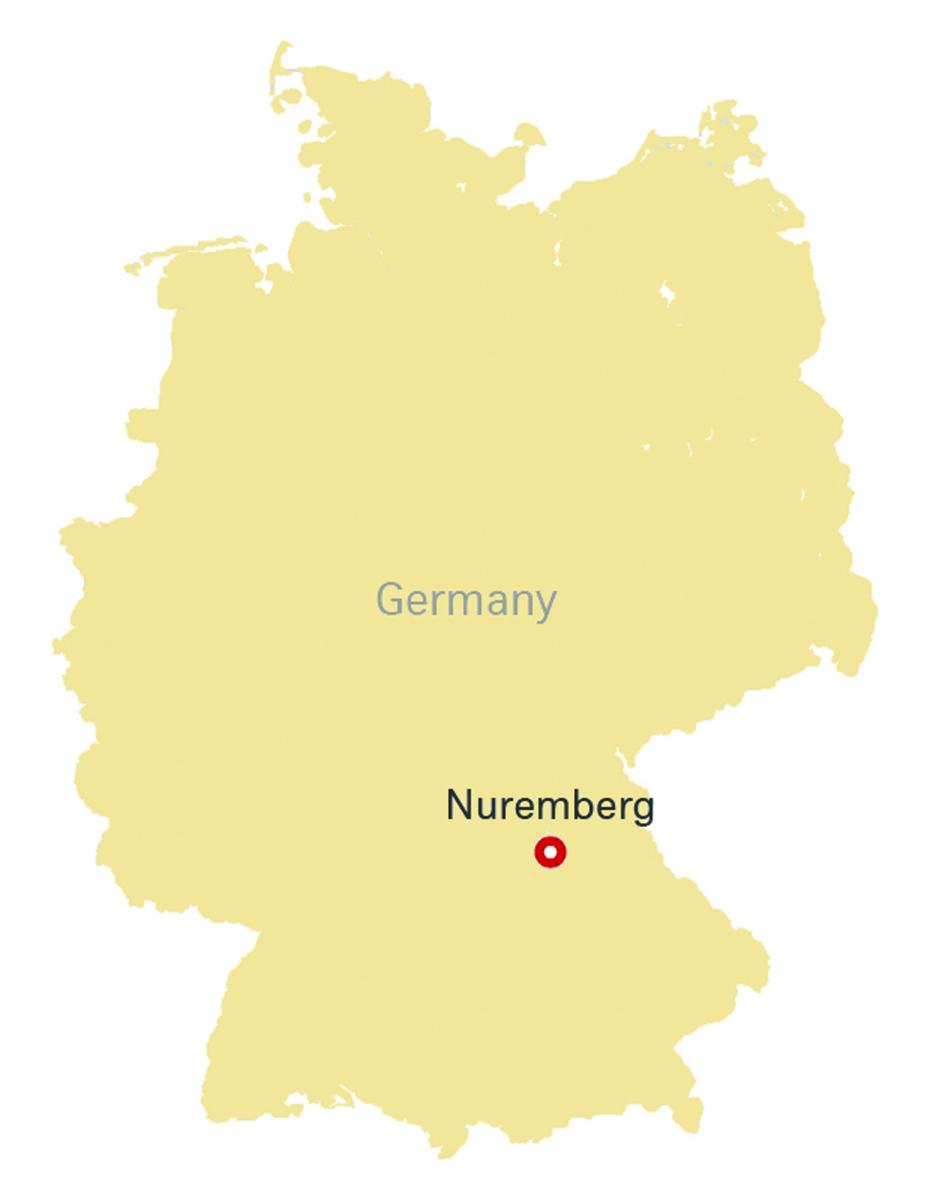Question
The Nuremberg Trials
 The Nuremberg Trials were a series of trials held during 1945–1946 in Nuremberg, Germany. On trial were nearly two dozen (1) former leaders of Nazi Germany. While Adolf Hitler and several other top leaders were not present, their actions were (2) to throughout the court case. (They had committed suicide before being captured.) The twenty-two accused men were charged with planning and carrying out one of the most (3) acts in history—the Holocaust, which resulted in the death of more than six million European Jews. Great numbers of other people were killed as well—Roma (Gypsies), homosexuals, Poles, and people with disabilities.
The Nuremberg Trials were a series of trials held during 1945–1946 in Nuremberg, Germany. On trial were nearly two dozen (1) former leaders of Nazi Germany. While Adolf Hitler and several other top leaders were not present, their actions were (2) to throughout the court case. (They had committed suicide before being captured.) The twenty-two accused men were charged with planning and carrying out one of the most (3) acts in history—the Holocaust, which resulted in the death of more than six million European Jews. Great numbers of other people were killed as well—Roma (Gypsies), homosexuals, Poles, and people with disabilities.
The accused men (4) that they had played major roles in the Nazi leadership. Most of them were candid and even admitted to some of the crimes with which they were charged. Others claimed they were (5) into their actions by their commanding officers. But when the prosecutors tried to (6) them in court, the accused all declared that they were not guilty of the charges against them.
The (7) of the charges was that they had committed “crimes against humanity”— gruesome crimes that deliberately caused human death and suffering on a large scale. When the trials ended, twelve of the defendants were sentenced to death. Three were sentenced to life in prison. Four more received shorter sentences, and three won (8), being found not guilty. Of these Nazi leaders, many were (9) to have been kind people in their private lives. Somehow their cruel actions did not (10) their ability to be loyal fathers, pleasant neighbors, or generous friends. It is one of life’s great mysteries how ordinary-seeming people can perform acts of unspeakable evil.